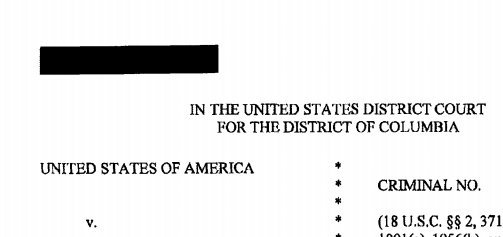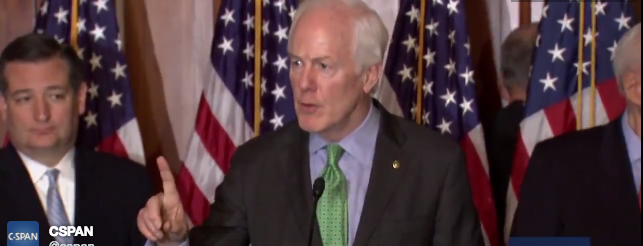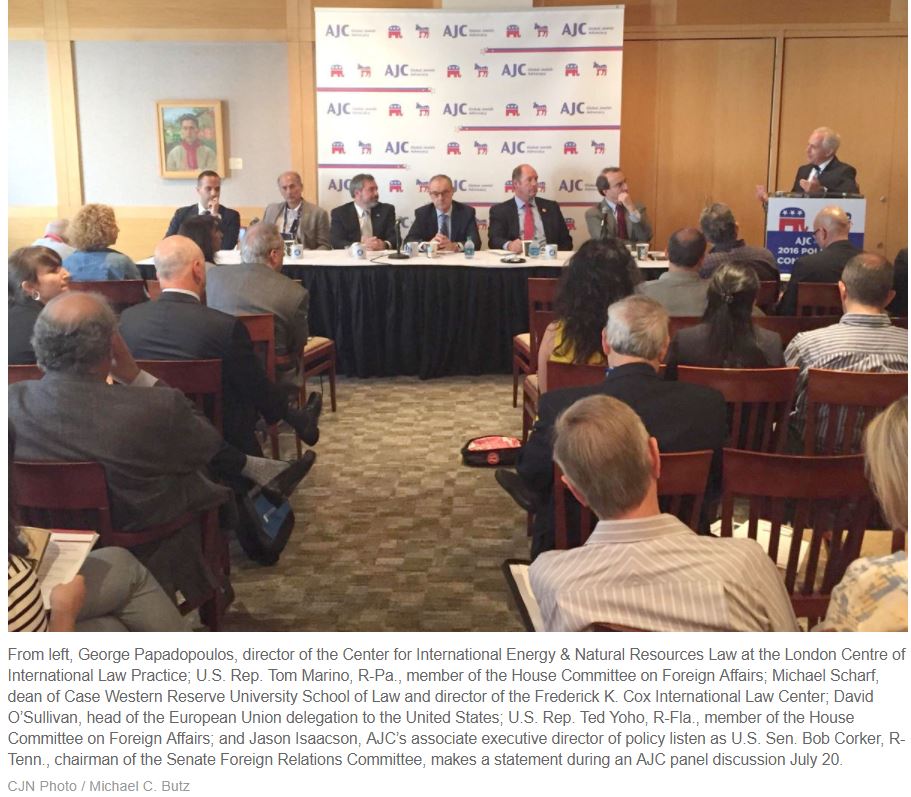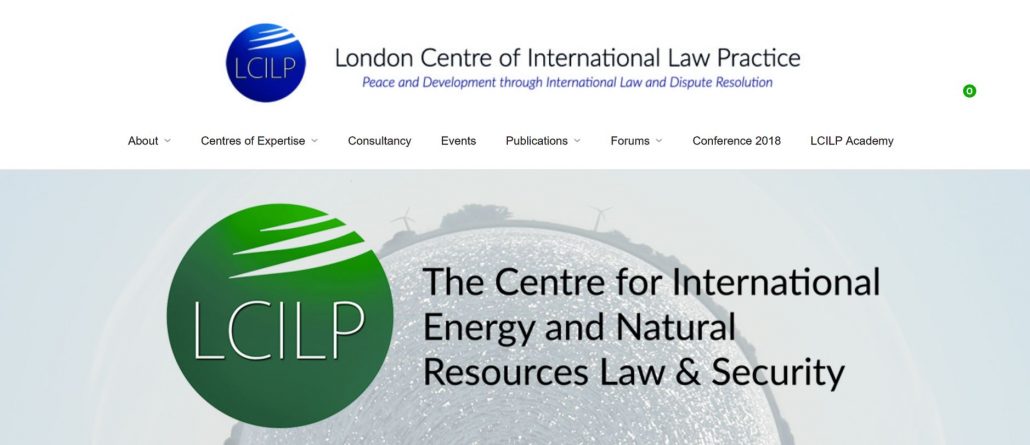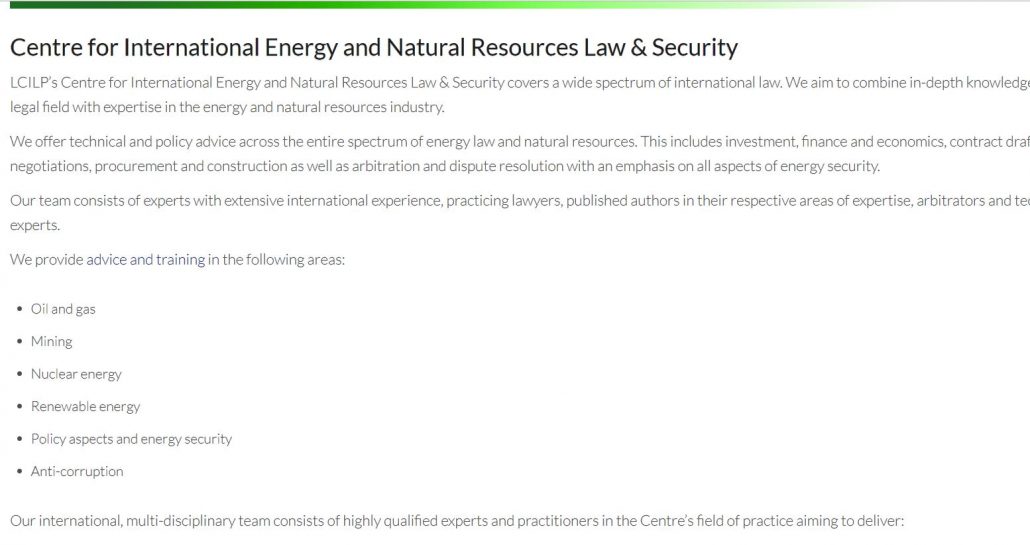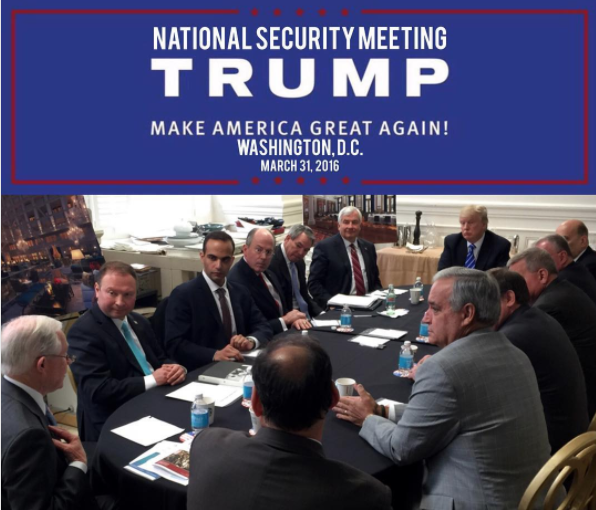Mueller Has Enough Prosecutors to Continue Walking and Chewing Gum While We’ve Been Watching Manafort
NBC has a clickbait story reporting that Robert Mueller has enough evidence to indict Michael Flynn that — by describing that Mueller is still interviewing witnesses about Flynn’s lobbying — undermines its headline.
Mueller is applying renewed pressure on Flynn following his indictment of Trump campaign chairman Paul Manafort, three sources familiar with the investigation told NBC News.
The investigators are speaking to multiple witnesses in coming days to gain more information surrounding Flynn’s lobbying work, including whether he laundered money or lied to federal agents about his overseas contacts, according to three sources familiar with the investigation.
Remember: on high profile investigations like this, interested parties sometimes try to force a prosecutor’s hand by leaking stuff like this (we should also expect people to leak to the press to create pressure for pardons), and in this case the leaking is exacerbated because of the multiple congressional investigations.
Moreover, there’s good reason to doubt the notion that Mueller is moving from target to target sequentially, which some have interpreted the description of Mueller “renewing” pressure on Flynn to suggest. Remember: Mueller has 15 prosecutors, every one of whom is capable of leading this kind of investigation themselves. And there’s at least a hint that Mueller has separate teams working on separate parts of the investigation.
Consider this detail from the motion to unseal the Manafort docket. The motion specifically asked for the whole thing to be unsealed except for this redaction at the top of the indictment itself.
[T]he government respectfully moves for an order unsealing the docket, with the exception of the original indictment, which contains, at the top, administrative information relating to the Special Counsel’s Office.
There are a lot of things that the redaction might hide. One of those is some kind of marking that indicates the organization of the investigation, one which would disclose investigative strategy if it were disclosed now, but would be really useful for historians if it were unsealed after whatever happens happens.
Couple that with the fact that there is no overlap between the prosecutors appearing thus far in the Manafort docket, who are:
- Andrew Weismann
- Greg Andres
- Kyle Freeny
Adam Jed, an appellate specialist, has appeared with these lawyers in grand jury appearances.
And the prosecutors appearing in the Papadopoulos docket, who are:
- Jeannie Rhee
- Andrew Goldstein
- Aaron Zelinsky
It would make sense that the teams would be focused on different parts of the investigation. After all, Mueller has drawn on a fair range of expertise, which I laid out here (see this article for Carrie Johnson’s description of where these folks are on loan from); if I were to do this over, I’d add a special category for money laundering:
- Mob specialists: Andrew Weissman and [
Lisa Page*] are mob prosecutors.- Fraud specialists: Weissman and Rush Atkinson are also fraud prosecutors.
- Corporate crime specialists: Weissman also led the Enron Task force. One of Dreeben’s key SCOTUS wins pertained to corporate crime. Jeannie Rhee has also worked on white collar defense. [Kyle Freeny, who was the last attorney to join the team, is a money laundering expert.]
- Public corruption specialists: Mueller hired someone with Watergate experience, James Quarles. And Andrew Goldstein got good press in SDNY for prosecuting corrupt politicians (even if Sheldon Silver’s prosecution has since been overturned).
- International experts: Zainab Ahmad, who worked terrorism cases in EDNY, which has some of the most expansive precedents for charging foreigners flown into JFK (including Russia’s darling Viktor Bout), knows how to bring foreigners to the US and successfully prosecute them in this country. Aaron Zelinsky has also worked in international law. Elizabeth Prelogar did a Fulbright in Russia and reportedly speaks it fluently. And, as noted, [Greg] Andres has worked on foreign bribery
- Cyber and spying lawyers: Brandon Van Grack is the guy who had been leading the investigation into Mike Flynn; he’s got a range of National Security experience. Aaron Zebley, Mueller’s former chief of staff at FBI, also has that kind of NSD experience.
- Appellate specialists: With Michael Dreeben, Mueller already has someone on the team who can win any appellate challenges; Adam Jed and Elizabeth Prelogar are also appellate specialists. Mueller’s hires also include former clerks for a number of SCOTUS justices, which always helps out if things get that far.
In other words, the team that has thus far been involved in the Manafort prosecution have experience prosecuting corporate crime and money laundering, as well as flipping people. The team that has thus far handled Papadopoulos includes Goldstein, a top public corruption prosecutor (who curiously would have had visibility into Manafort related prosecutions in SDNY), Zelinsky, who has both mob and international law expertise, and Jeannie Rhee whose relevant experience includes time in Congress, prosecuting national security related conspiracies, and cybersecurity investigations. The experience of the latter team, in particular, suggests where they might be headed, probably including people in or recently in government, but Rhee’s ties to leaks and cybersecurity might suggest the emails are a bigger part of that investigation than most people have noticed.
Notably absent from these two teams is Brandon Van Grack, who started the prosecution of Mike Flynn and presumably has remained focused on that. So there’s no reason to believe Van Grack would have to renew pressure, aside from pointing to the example of Manafort to prove the seriousness of this investigation, because he probably has just kept up the pressure as we’ve been distracted.
Also of note: we’re still not seeing all the mob and international expertise on Mueller’s team.
All of which is to say we’ve only seen the involvement of at most 7 out of the 15 lawyers on Mueller’s team. I’m sure the remaining 8 haven’t been sitting idle while we’ve all been focusing on Manafort and Papadopoulos.
Update: Because it’s related, I’ll remind that in Papadopoulos’ plea deal, Zelinsky said they wanted to sustain the prohibition on FOIA because,
in the process of his ongoing efforts to cooperate, the Government has shared substantial information with the Defendant that has provided a road map of sorts, to information that might be sought on FOIA. And it will chill the Government’s ability to continue to have the Defendant cooperate if the information that’s being provided by the Defendant and the continued efforts to jog his memory are then used to create a road map to the ongoing investigation.
Update: When this post was first posted I accidentally swapped Weissman for Goldstein in one reference. My apologies.
*Update: As Peredonov notes below, Page left the SCO after I wrote the underlying post. I’ve marked it in the quote and adjusted numbers accordingly.


